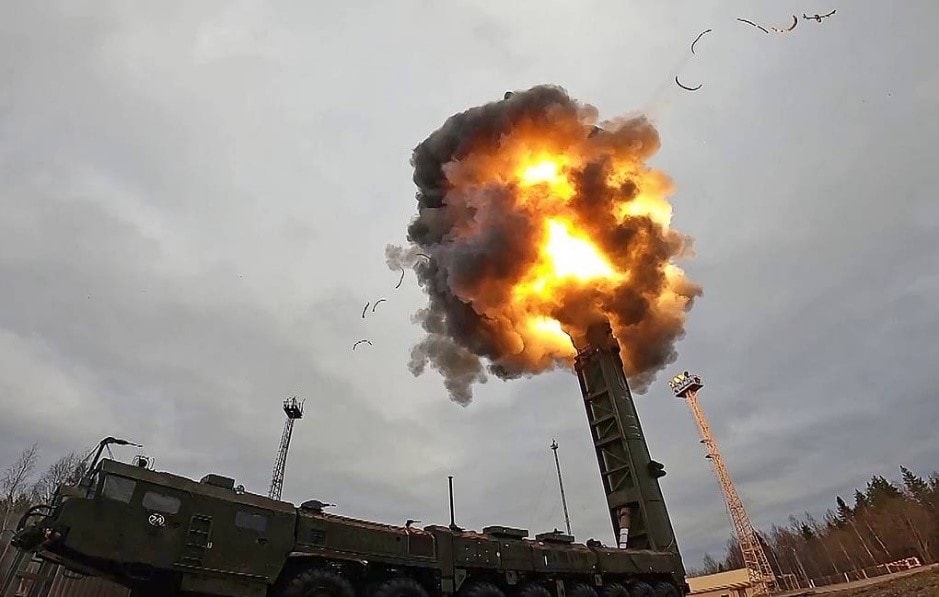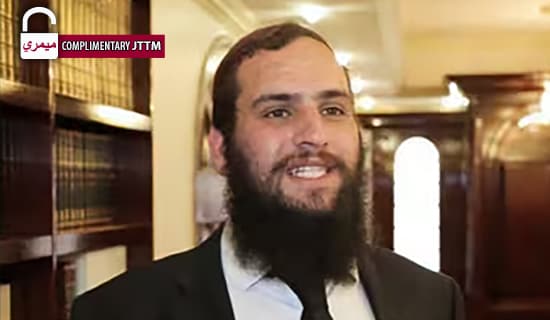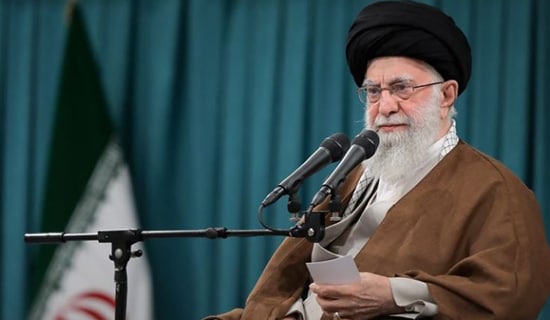Columnist for the Saudi daily Al-Watan, Adel-Toraifi, wrote an article in the English-language Saudi daily Arab News on April 7, 2005, titled "The Young Killers and Victims of Contemporary Jihad," which criticized Jihad in Iraq and discussed how the writings of Arab liberals are helping to reform former Islamists. The following are excerpts from the article: [1]
Saudi Columnist: The Arab Nations Neglect the Misery of Others as Long as it Does Not Affect Them
"According to a BBC report last week, the number of civilian casualties as a result of the ongoing violence in Iraq since July 2004 has spiraled to 3,274. Although official figures are not available, some sources, such as Iraqbodycount.net, run by academics and peace activists, estimate some 19,696 civilian casualties. To be fair, however, we must not forget the Iraqi soldiers who have died in their efforts to secure, and also to spread, democracy in Iraq. We are left with a total of 25,000 Iraqis killed by either former Ba'thist rebels or the jihad group led by [Abu Mus'ab] Al-Zarqawi.
"Nothing can be compared to what happened last month in Hilla. The Al-Zarqawi group claimed responsibility for the deaths of at least 124 people when a massive car bomb exploded in the worst incident since the U.S.-led invasion nearly two years ago. The coverage of this massacre in the Arab media was poor in general and rather sketchy. No clear condemnation of the act was heard from Arab nations. It is not that they supported or justified it, but it was merely a matter of neglecting the misery of others as long as it didn't affect them. If this tragedy had happened in Palestine, for example, then the Arab reaction would have been overwhelming. And yet, Arabs wonder why their grievances don't receive the attention of others!"
Thousands of Saudis, Misguided and Deluded, Have Gone to Wage Jihad in Iraq
"Iraqi officials recently announced that more than 532 jihadi Arabs were arrested while fighting with Iraqi insurgents. Fifty-nine young Saudis were among those accused of terrorist acts against the Iraqi people. Since the collapse of the Ba'thist regime in April 2003, hundreds of young men have been urged to go fight in Iraq under a widespread call for Jihad by some sheikhs who are close to the Salafi-Jihadist movement.
"Faris Bin Hizam, an authority on Al-Qa'ida, estimates that up to 2,500 Saudis may have gone to fight in Iraq. Jihad networks estimate that 120 have been killed up to now. The majority of those killed have come from the Northern and Central Province and 36 from the Eastern Province. A family in Dammam has lost three young members during the ongoing insurgency in Iraq.
"The story of Ahmad Abdullah Al-Shayea, a 21-year-old Saudi who confessed to driving a fuel truck that he blew up, killing 10 Iraqis last December, shows the degree of misguidance and delusion that has led some young Saudis into such pointless violence."
"The Syrian Role"
"Many sources have confirmed the Syrian role in the training and smuggling of these jihadis from Syria into Iraq. After harsh international criticism of Syria, more than 120 jihadis from the Gulf were arrested by Syrian authorities, some of whom were sent back to their countries. One of them, Abu Hamza Al-Tabukee, a famous Salafi-Jihadi member, was arrested with a 20-year-old Saudi last year."
"Many Sheikhs Work Hard to Convince Jihadis in Prison to Change Their Ideology"
"The numbers of those arrested before they were able to get to Iraq is not known, but many sheikhs are working hard to convince those jihadis in prison to change their ideology. Some of the young men refuse to listen since they argue that they are following the call of Jihad as written in the Qur'an and the Prophet's Hadith.
"When the war began in Iraq along with the accompanying call for Jihad, the feeling of danger was not felt until Al-Qa'ida began attacks in Saudi Arabia..."
"Jihad Has Become the Prime Method of Salvation in the Muslim World"
"The jihad scheme in general, which developed in the Islamic world during the last third of the twentieth century, has caused drastic changes in thought and ideology. Upon the collapse of communism and the resurgence of Islamic ideology, jihad as a fundamental concept became the number one method of salvation to overcome the weakness felt by Muslim nations.
"The so-called Jihad scheme actually has several names, and irrespective of the countries that the jihadis are coming from, the ideological methodology is almost the same. It is obvious that some of the countries have been pushed and were reluctantly involved in the scheme in one way or another. Their mistakes in doing so have generally produced the present dilemma. The Al-Qa'ida Battar training camp that was discovered by security forces outside Riyadh was set up more than a year ago around the same time as the beginning of the terrorist attacks in Saudi Arabia. The Battar camp focused and fed on the numerous disturbances and tensions related to geography, history, and thought in the Islamic world."
Transformation to a Moderate Islam Was Influenced by the Writings of Liberal Arab Intellectuals
"A month ago I visited Al-Rass, in northern Al-Qassim, where I spoke to very promising young minds that had shifted from their Islamic ideological background to a moderate type of Islam. This transformation [to a moderate type of Islam] was influenced by the writings of liberal Arab intellectuals.
"Political Islamic thought and classical Salafi preachers were the reason why a lot of young Saudis ended up as killers in Allah's name.
"In a very religious and intolerant environment, it is simple to change a young man from a state of emptiness into a killing machine. I couldn't imagine during my visit that Al-Rass' tranquility could be shattered for more than three days by dangerous terrorists similar in age to those I spoke to.
"The eighteen young Saudis involved in the deadly confrontation that began last Sunday are considered terrorists by most people, but they are also victims of the deadly ideology of jihad. The challenge of saving the hopes of the young Saudi generation is difficult, but without promoting openness and religious tolerance, the young generation will face a horrible risk before they can join in the global hopes and dreams of a better future."
Endnote:
[1] Arab News (Saudi Arabia), April 7, 2005.








